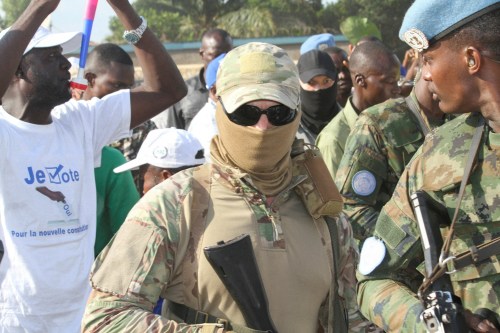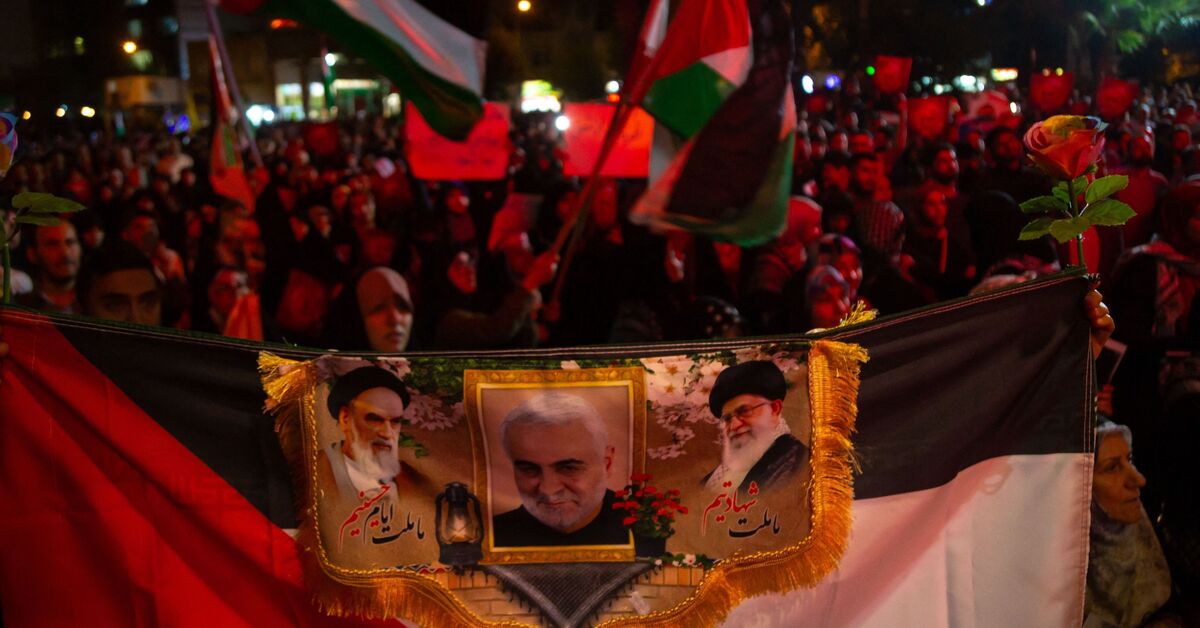Predictions of the end of the Wagner Group’s operations in Africa and the Middle East in the aftermath of its ill-fated rebellion in Russia are premature. More likely, Wagner’s Middle East and Africa operations will persist: They still serve multiple interests of the Russian state and can be separated from Wagner’s Ukraine and Russia operations. Already, Russian Foreign Minister Sergei Lavrov has stated that Wagner’s operations in Africa will continue. But Wagner’s operations in Africa are likely to endure under a new leadership and structure.
Wagner’s footprint and Russian interests
Ukraine aside, the Wagner Group has sent mercenary deployments to Syria, Libya, Mozambique, Mali, the Central African Republic, and Sudan. Unconfirmed rumors have been swirling about Wagner’s presence in the Democratic Republic of the Congo. Wagner also maintains logistical, support, smuggling, and money laundering affiliates and subsidiaries in the United Arab Emirates. Through a vast network of intermediaries and shell companies, its business, commodity-extraction, and disinformation operations span even more countries.
There are several reasons why Wagner’s operations outside of Ukraine and Russia are unlikely to be liquidated even as the fate of Wagner’s disgraced boss, Yevgeny Prigozhin, remains far from resolved:
First, Wagner-Ukraine operations have been substantially separate from its Africa and Middle East operations. Early in the spring of 2022, the Wagner Group withdrew some of its forces from Syria and Libya and deployed them to Ukraine. But since the summer of 2022, Wagner has not significantly reduced its personnel or equipment in Africa or the Middle East.
Second, Wagner’s operations in Africa remain highly valuable for Russia, which uses them for extending its strategic influence and access to important raw commodities. The Wagner Group’s protection of gas and oil fields in Syria, on behalf of the Bashar al-Assad regime, for example, plays into Russia’s global energy coercion games. At least four Russian companies linked to Wagner have exploration permits for Syrian gas and oil fields.
Moreover, Wagner’s business schemes also establish smuggling networks that bring liquidity to the sanctioned Russian regime, such as through gold and diamond smuggling. The intensifying U.S. sanctions on Wagner in Africa and the Middle East have hampered Wagner’s operations but have not eviscerated them, especially as Wagner has long been involved in various clandestine and illegal economies as well, such as antiquities smuggling.
Third, there have been prior instances of the reshuffling of Russian private security companies in the Middle East when they fell afoul of various Russian intelligence services. In 2013, a Russian private security company, the Slavonic Corps, led by Dmitry Utkin, the notorious former Russian special operations forces officer, was sent to Syria to fight ISIS on behalf of the Assad regime. Yet in an inglorious retreat, they were not only chased out of Syria but also arrested in Moscow. Still, Utkin and various commanders and members of the Slavonic Corps were later allowed to form cadres under the Wagner Group. (Utkin, who hasn’t been heard from for several weeks, is now likely a prime target of the Kremlin’s ire.)
The Wagner Group has found itself frequently at odds with either the Russian Federal Security Service, known by its abbreviation FSB, or the Russian military during its deployment to Syria. Those long-running tensions reached a peak in 2018 when, despite the establishment of deconfliction mechanisms between the Russian and U.S. militaries, the United States bombed Wagner’s deployments, killing scores. Prigozhin, Utkin, and the Wagner Group blamed the Russian military for throwing them under the bus on purpose.
Yet however much the Russian military and intelligence services already wanted to cut Wagner to size, the Kremlin had no desire to remove its useful tool of influence.
Furthermore, both the FSB and the GRU, the Russian military intelligence agency, have had complex linkages and influence over Wagner’s overseas operations. Like the Kremlin, they also make money from Wagner’s business operations, whether these operations feed their pockets or parts of their institutional budgets. Prigozhin has used money from Russian state contracts, amounting to some $20 billion, to fund his mercenary, media, and business ventures abroad. The interconnected management of state funding and Prigozhin’s (semi-)private ventures also implies highly interconnected interests for a wide array of influential regime actors. Thus, like in Russia, some of Wagner’s businesses may be shut down, but others will be merely reshuffled. But neither the Kremlin nor the intelligence services want to lose the Wagner income and tool, even if they want to control it better.
Restructuring, not liquidation
Rather than fully liquidating Wagner in Africa and the Middle East, Russian intelligence services will purge Wagner’s structures to weaken affinities to Prigozhin and strengthen ties to the Kremlin. Such a restructuring would mimic the seeming preference of Russian President Vladimir Putin with respect to Wagner in Russia and Ukraine — rolling some cadres under the Russian military, disarming others, and allowing others yet to operate in the existing semi-independent format, but under a new leadership and with Prigozhin’s power minimized.
Such restructuring has started in Syria where Russian forces, assisted by the Assad regime, surrounded Wagner bases and interrogated and removed some Wagner operatives. That the Kremlin would prioritize reasserting control of Wagner in Syria is not surprising: That’s where Gen. Sergey Surovikin, who is close to Prigozhin and hasn’t been seen since the rebellion, led Russia’s brutal and indiscriminate air campaign on behalf of the Assad regime and had close connections with Wagner forces. Wagner’s forces in Syria could most augment the Wagner threat to the Kremlin. But it is noteworthy that the Assad regime did not hesitate in supporting the Russian state against Wagner.
Beyond purges, the Wagner Group in Africa may be renamed and broken up into multiple separate entities. Chopping up Wagner this way would give the Russian state better control over the proxy, even as the network’s murkiness would persist, and rival Kremlin and Russian intelligence and security services could clash with one another in mercenary and business ventures.
Under better control, Russia will likely tolerate and retain Russian private security companies operating abroad. Unlike in Syria, where the Russian military has had an official presence since 2017, sending official “military advisors” to African countries, instead of private proxies, poses various legal and diplomatic inconveniences for Russia and the African countries.
In Ukraine, since December 2022, far before Wagner’s June rebellion, the Russian military has had strong incentives to transfer Wagner forces to the control of the Russian military — to tighten command, eliminate an independent force, and neutralize an increasingly unrestrained and troublesome Prigozhin. Abroad, the Russian state wants tighter control over Wagner operations too, but without the official state label.
Buyer beware: No easy way out
Nor do the African and Middle Eastern countries that have signed up with Wagner have an easy capacity to fire it. Mali is a prime example. After succumbing to Russia and Wagner’s influence and having kicked the French military out of the country in 2022 and the U.N. peacekeeping mission in June 2023, Mali is dependent more than ever on Wagner’s forces. All the more so that the U.N. Security Council accepted Mali’s request and voted to end the mission.
Focused far more on securing access to Mali’s gold mines, the 1,000-2,000 Wagner contractors have not been particularly effective in suppressing the jihadis in Mali’s north. In fact, from counterinsurgency and counterterrorism perspectives, their brutality has backfired. But the junta has no immediate alternative.
Besides, Wagner’s principal sell in Africa has become its praetorian guard service for authoritarian regimes as well as elected governments — like in the Central African Republic (CAR). There, Wagner provides security to the president and trains the country’s army. Besides making money from mining, timber extraction, and a beer company, Wagner advisors have developed vast influence over the CAR state, furthering Wagner and Russian interests at the expense of the public good.
Similarly, in the context of ongoing intense fighting in Sudan, Gen. Mohamed Hamdan “Hemedti” Dagalo, the head of the Rapid Support Forces, a key opposition group, is unlikely to forgo Wagner’s intelligence and other support. The support may be limited in terms of weapons and ammunition, but it would still be costly for Hemedti to give it up.
Wagner’s rebellion in Russia likely shook the confidence of African regimes that the Wagner Group is a reliable partner. Yet even an African government as dependent and almost subservient to Wagner as that of the CAR has sided with Russia, not Wagner, in the rebellion’s fallout.
But Wagner’s revolt also showed its daring confidence in mounting an uprising as well as its linkages to various poles of power in the Russian military and intelligence services. Even as these connections are purged and reconfigured within Russia, Africa, and the Middle East, they can still be useful for African governments as they try to play Russia against the West and actors within Russia against each other.
Nonetheless, various African delegations heading to St. Petersburg at the end of July for the Russia-Africa Summit will likely have questions about the future of Wagner’s Africa operations and the extent of Russia’s backing, even as strengthening economic relations is the official billing of the conference.



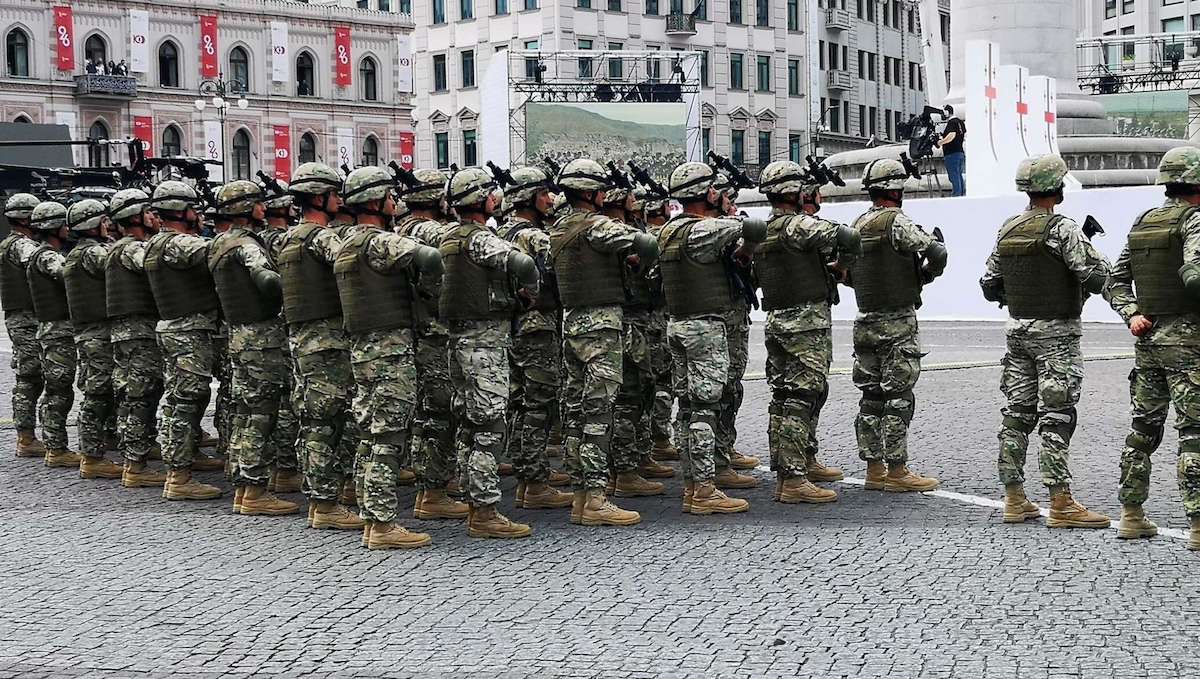


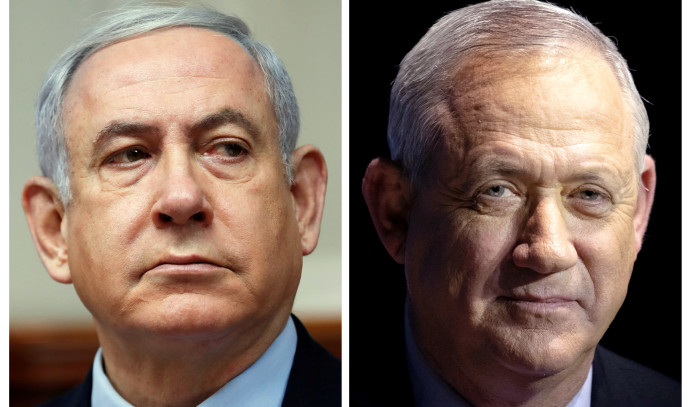


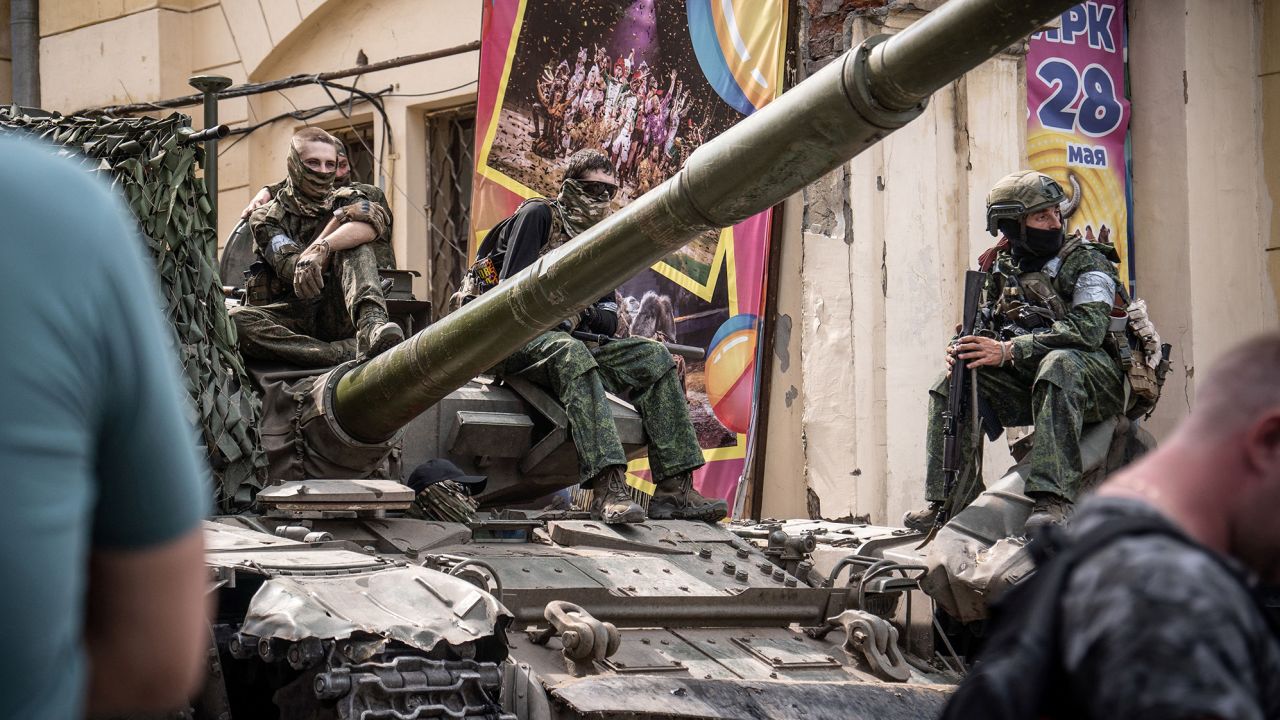


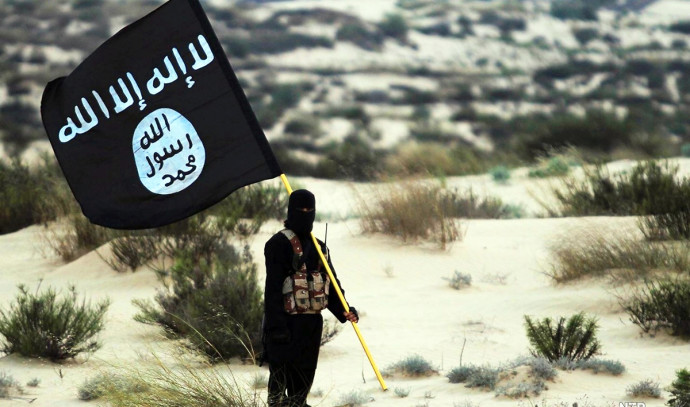
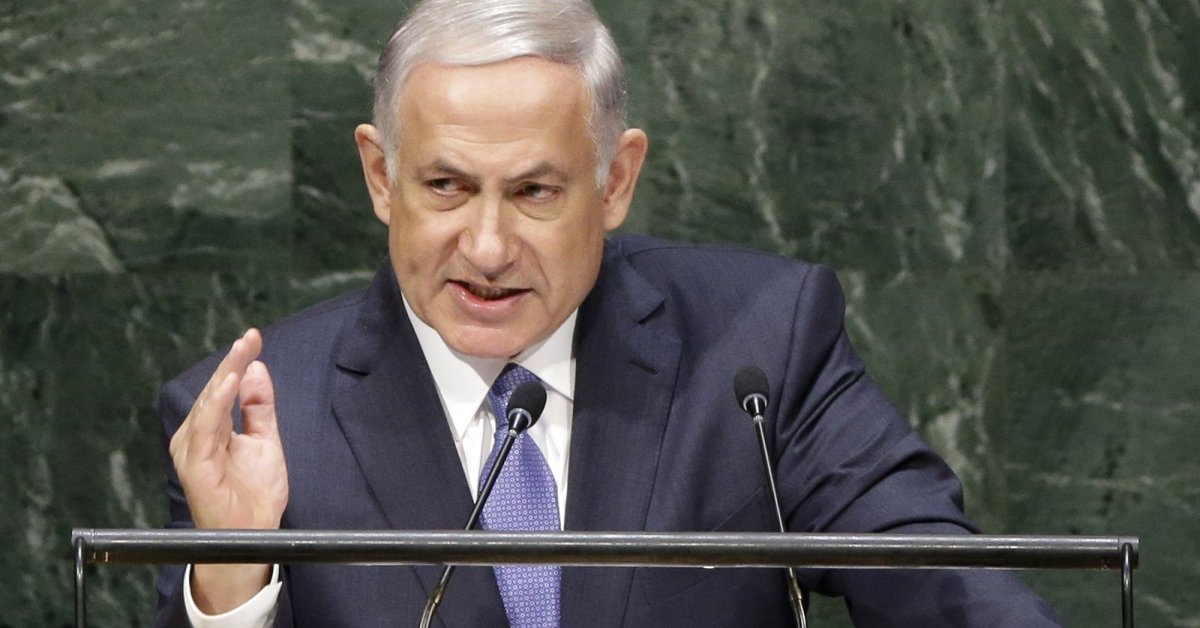

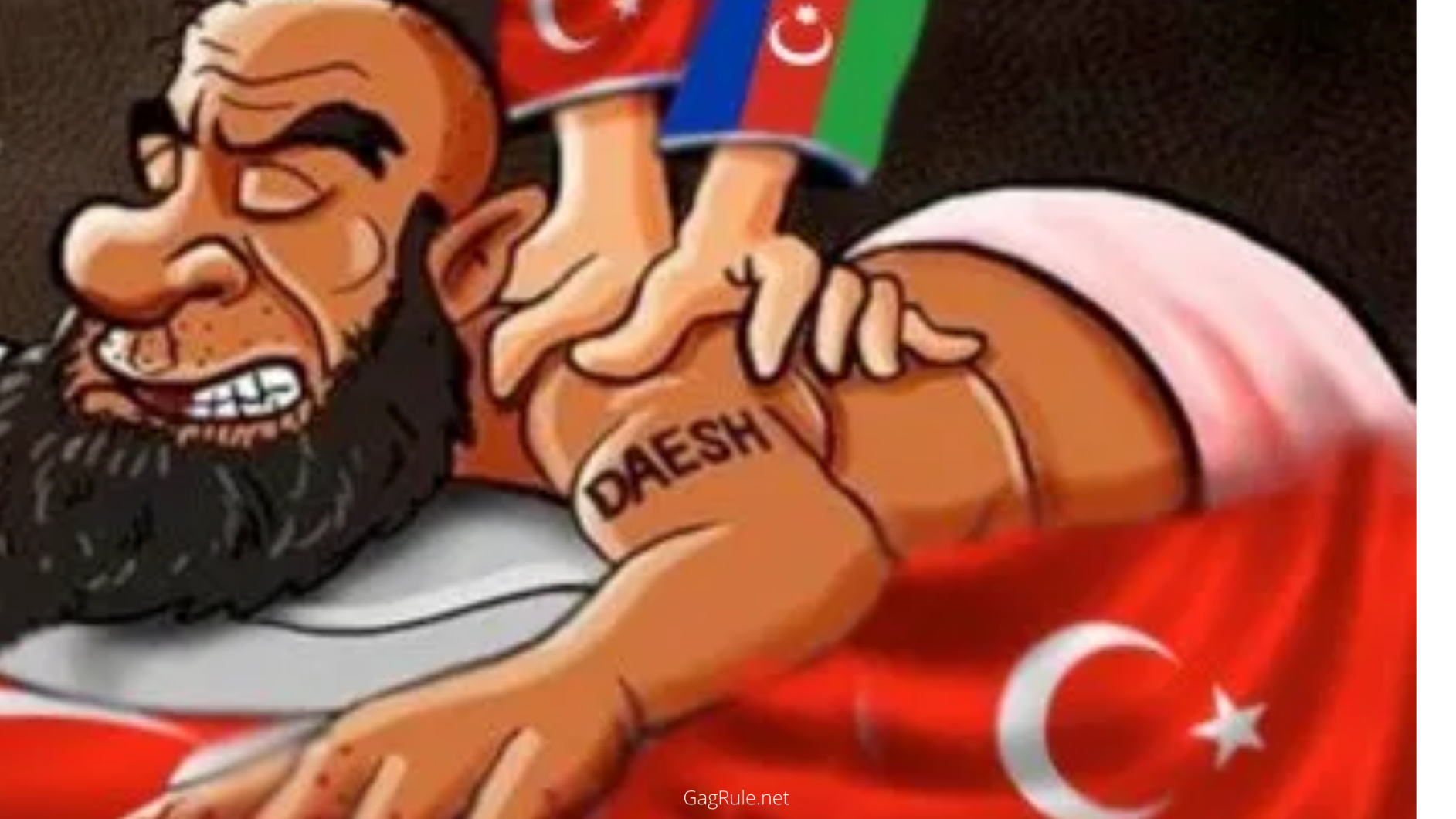
 Some sources have linked GRU agents to the downing of Malaysian airlines flight MH17. Photograph: Antonio Bronic/Reuters
Some sources have linked GRU agents to the downing of Malaysian airlines flight MH17. Photograph: Antonio Bronic/Reuters
 US special counsel Robert Mueller recently linked the GRU to meddling in the 2016 US presidential election. Photograph: J Scott Applewhite/AP
US special counsel Robert Mueller recently linked the GRU to meddling in the 2016 US presidential election. Photograph: J Scott Applewhite/AP
